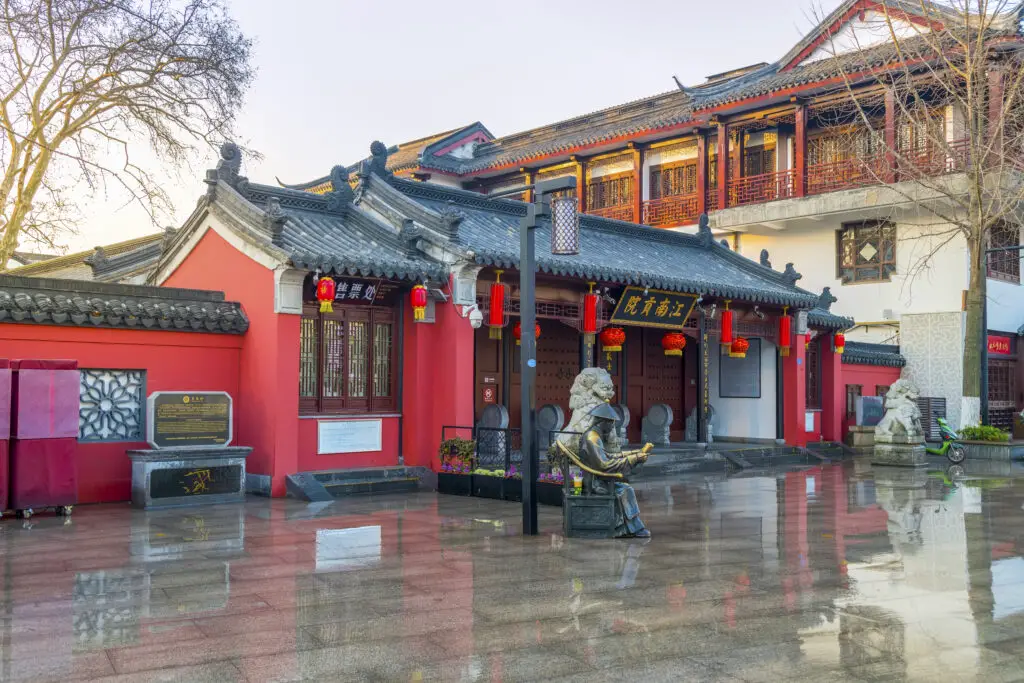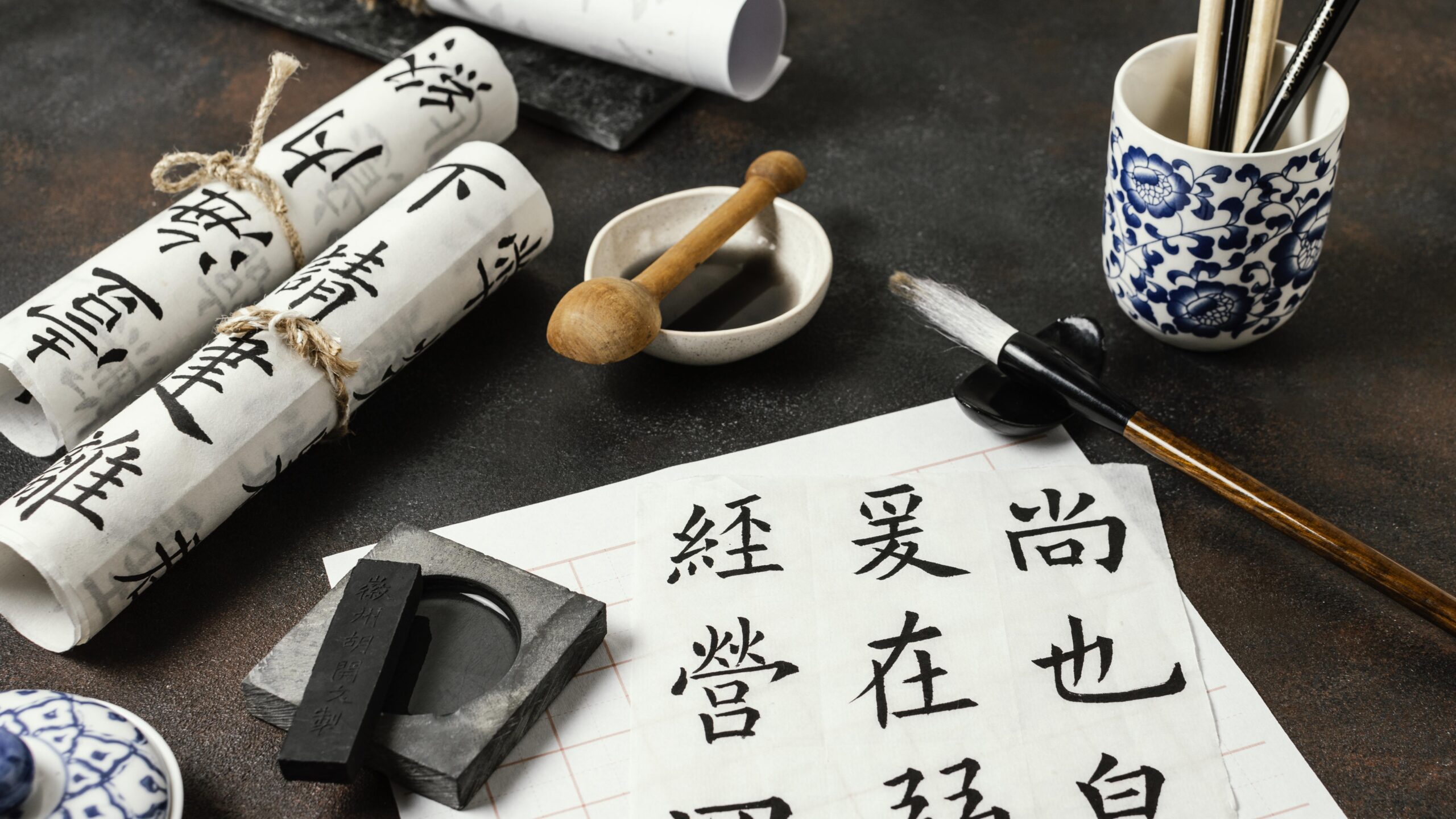Every year, the world turns its attention to the rich linguistic heritage of China on World Chinese Language Day. This day, celebrated under the auspices of the United Nations, is not just another event on the calendar but a profound acknowledgment of the Chinese language’s extensive influence on global culture. With over a billion speakers, Chinese, characterized by its deep historical roots and complex characters, serves as a bridge connecting the past with the present, and the East with the West.
The Essence of World Chinese Language Day
World Chinese Language Day falls on April 20th, aligning with ‘Guyu’ or ‘Rain of Millet’, a significant period in the Chinese calendar that honors Cangjie. According to legend, Cangjie was an ancient historian under the Yellow Emperor, whose invention of Chinese characters more than 5000 years ago revolutionized the recording of history and literature. This celebration reflects a tribute to his monumental contribution to Chinese culture and to humanity’s intellectual heritage.
Since its inaugural observance on November 12, 2010, and the subsequent settling of the date to April 20 in 2011, the day has grown in stature and depth, highlighting the nuanced beauty of Chinese literary and artistic traditions. Each year, the United Nations and its affiliate organizations orchestrate a series of enriching events worldwide that illustrate the Chinese language’s aesthetic and cultural dimensions.
Vibrant Celebrations Across the Globe
On World Chinese Language Day, the air is filled with the melodious tunes of Chinese music and the rhythmic grace of martial arts performances, each narrating tales of China’s ancient traditions and modern innovations. Exhibitions showcase the flowing elegance of Chinese calligraphy, an art form that is both visual and narrative, capturing the essence of what it means to convey meaning beyond words.
Workshops and seminars provide platforms for some of China’s most esteemed authors, poets, and calligraphers to share their insights and experiences. These sessions delve into the intricacies of the language’s structure and the poetic symmetries of its literature, offering participants a deeper appreciation of the language’s role in fostering artistic and philosophical thought.

Highlighting Chinese Contributions to World Culture
The day is particularly significant for highlighting the contributions of Chinese literature and poetry to the cultural tapestry of the world. From the philosophical musings of Confucius and Laozi to the stirring narratives of modern writers like Mo Yan and Liu Cixin, Chinese literature offers a vast reservoir of knowledge and imagination that has shaped not only Eastern thought but has also profoundly impacted Western perspectives.
Moreover, the observance of World Chinese Language Day is a reminder of the broader objectives of the United Nations regarding multiculturalism and cross-cultural understanding. By celebrating each of its six official languages, the UN promotes a world that values diversity and encourages the exchange of ideas across cultures.
Public Observance and Participation
Although World Chinese Language Day is not an official public holiday—businesses, schools, and government offices remain open—it garners significant public participation. Schools around the globe take this opportunity to introduce students to the fundamentals of the Chinese language and to explore China’s vast cultural heritage through interactive activities and educational programs.
In many cities, libraries and cultural centers also participate by organizing readings of Chinese literature and discussions about the language’s global influence, providing community members with opportunities to engage with the language on multiple levels.

Conclusion
World Chinese Language Day goes beyond mere celebration; it is an enriching experience that deepens our understanding of not just a language but a civilization that has been pivotal to human progress. As we continue to navigate through an increasingly interconnected world, the appreciation and understanding of the Chinese language and its cultural expanse will undoubtedly continue to foster greater global harmony and mutual respect.

